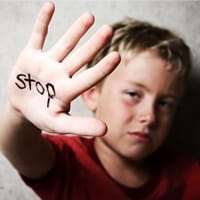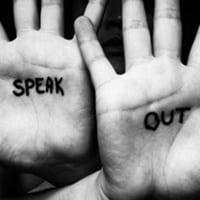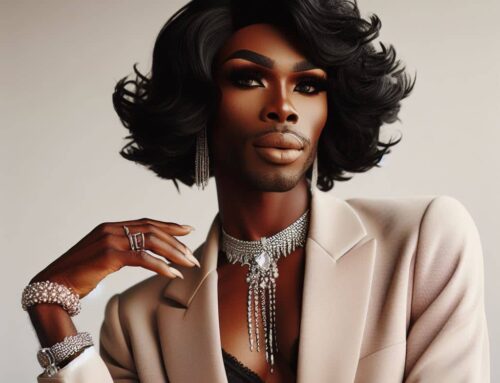 Past abuse, or historic sexual abuse, is something which takes time and a great deal of effort on the part of the victim or survivor, from here on, I will refer to people who were sexually abused or experienced past abuse as survivors, because thats what we do everyday – survive.
Past abuse, or historic sexual abuse, is something which takes time and a great deal of effort on the part of the victim or survivor, from here on, I will refer to people who were sexually abused or experienced past abuse as survivors, because thats what we do everyday – survive.
For some of us surviving is not enough, we want to be more than a past abuse survivor, we want to live our lives fully and not let our futures be negatively influenced by the past abuse.
Some people feel trapped with their experience of past abuse and find it difficult to move on from, these barriers to living a life free from the vulnerable feelings of the past, can be best summarised by the following issues:
Trust, and attracting positive relationships
For survivors of past abuse it is even more important to choose intimate and close relationships more carefully, trying not to rush into situations until you really know the person well, will help you to make better choices. If you haven’t already, do some work either alone or with your therapist on your relationship wants and needs.
The survivors of sexual abuse often experience an inability to trust. Trust may have been broken not only by the abuser, but by those around the survivor as too. Often the survivor may feel betrayed by their family if the abuser is a family member or family friend. This trust can be repaired, if you know what your needs are in terms of safe and positive future relationships.
Emotions relating to past abuse
An emotional reaction to sexual abuse is normal and its something survivors must actively explore and address if they are to function fully moving forward. Survivors of past sexual abuse often feel:
- Guilty about the abuse, even though it was absolutely not their fault
- A damaged sense of self worth feeling and identifying as ‘damaged’
- Anxious and insecure, especially in relationships
Cognitive or Behavioural reactions to past sexual abuse
Actions and reactions to past abuse are also normal and can be treated or unlearned. A common behavioural reaction is an overly sexualised drive. Survivors of past sexual abuse may dress and act overtly sexual, or the opposite may also be true, a total dis-interest in sex.
- Anger
- Running away and withdrawing
- Self-harm (cutting, burning, eating issues)
- Criminal behaviours
- Alcohol or Drug abuse
- Suicidal thoughts
- Hyperactivity
- Sleeping/eating problems
- Toileting problems
 Sometimes it can feel like getting over past sexual abuse is impossible, this is not the case. According to the New York City Task Force Against Sexual Assault, survivors of past abuse can use this check list as they progress towards recovery:
Sometimes it can feel like getting over past sexual abuse is impossible, this is not the case. According to the New York City Task Force Against Sexual Assault, survivors of past abuse can use this check list as they progress towards recovery:
- I acknowledge that something terrible happened to me.
- I am beginning to deal with my feelings about the assault.
- I am angry about what was done to me but recognise that my anger is not a constant part of my feelings. It intrudes into other parts of my life in a negative way.
- I can talk about the assault experience with a counselor or a therapist.
- I am beginning to understand my feelings about the assault.
- I can give responsibility for the assault to the person who attacked me. The responsibility is not mine to accept.
- I could not have prevented the assault, and I recognise that I did the best I could to get through it.
- I am developing a sense of my own self-value and am increasing my self-esteem.
- I am comfortable with choices I make for myself.
- I am developing a sense of being at ease with the subject of my assault.
- I recognise that I have a choice about whether or not to forgive my assailant(s).
- I recognise that I have begun to get back control in my life, that the assailant does not have power over me.
- I recognise that I have the right to regain control.
If you would like support, from the safety of your home, you can now work with a therapist online, many survivors of past abuse are working through their road to recovery this way, you can too!
If you feel suicidal, please contact www.befrienders.org
Paul Parkin – online therapist and coach for life
May 2018



